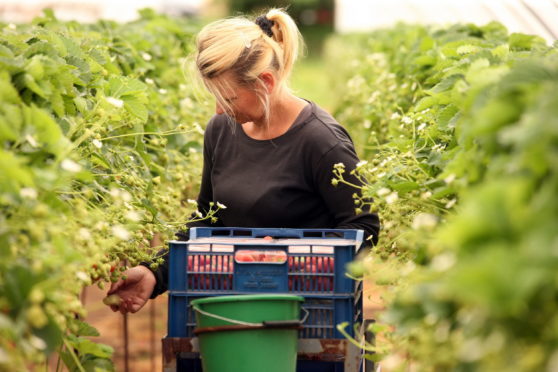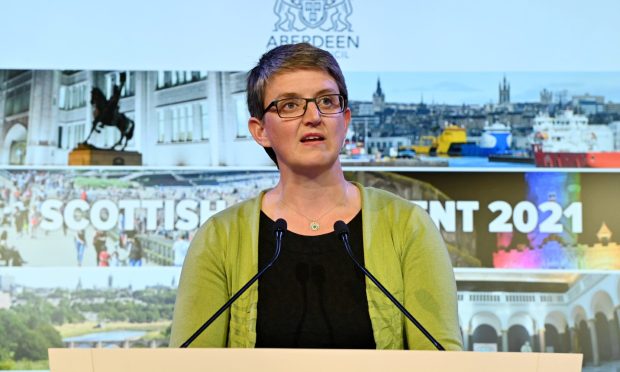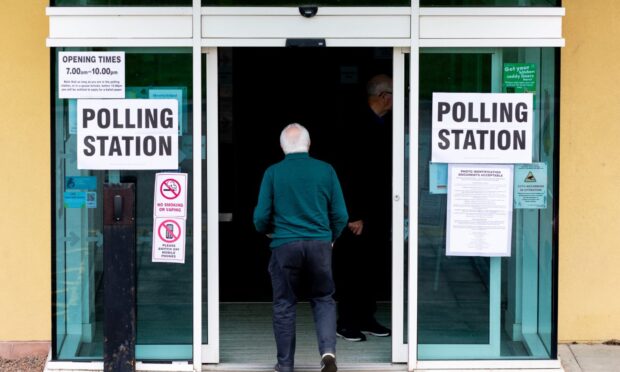Theresa May’s bid to allow EU nationals to work temporarily in Britain without a visa is useless for farms struggling with worker shortages, says an industry boss.
William Houston, of Angus Growers, said the UK Government’s white paper plan is “irrelevant” because there is not enough migrant labour available in the bloc for desperate fruit farmers in Tayside and Fife.
Detailed proposals for the UK’s future relationship with the EU were published on Thursday, which maintain close links with Brussels.
They attracted heavy criticism from Tory backbenchers when they were unveiled in the Commons by new Brexit Secretary Dominic Raab, as ministers faced fresh accusations of betraying the Leave vote.
Amid the botched launch of the paper, in which parliament was suspended so MPs could obtain a copy, a usually loyal Tory source described the UK Government as a “shambles” and predicted a general election this year.
Meanwhile, Scottish ministers said the white paper does not go far enough in retaining economic ties with the EU, warning the proposals will “harm our economy”.
Mr Houston said the Conservative Government’s temporary worker scheme does not help them at all.
Growers are demanding a seasonal agricultural workers scheme (SAWS) that would allow them to recruit non-EU citizens, but the white paper makes clear a decision on that will be made in September at the earliest.
Mr Houston said that is too late for an important Scots industry, adding: “We’ve got fruit rotting on the ground and we don’t have people to pick it. I have got Japanese television on the phone talking about it.
“The world is looking at this fiasco with pity. They are watching how this country gets it wrong.
“We are producing a huge amount of fresh fruit which is healthy and helping the British diet and providing a lot of jobs for British people, as well as the seasonal workers, and it’s just being thrown away by a prime minister who is not listening to advice.”
Another fruit grower, from Laurencekirk, tweeted the Home Secretary a picture of his rotting strawberries. Scotland’s fruit-picking industry is centred on Tayside and Fife and is worth £115 million-a-year.
Mrs May’s framework envisages the UK and EU having a “common rulebook” for trade in goods and continued payments for participation in shared agencies and programmes.
It sets out plans for an end to free movement, with new rules allowing visa-free travel for tourism and temporary work.
The Conservative leader said: “We have come to an agreement on the proposal we are putting to the European Union which absolutely delivers on the Brexit we voted for.
“They voted for us to take back control of our money, our law and our borders. That is exactly what we will do.”
Calling for the UK to stay in the European single market and customs union, Scottish minster Fiona Hyslop said: “Quite simply, these plans fall short and will harm our economy.”
Guy Verhofstadt, the European Parliament’s chief negotiator, said he welcomed the UK’s proposal for a future association agreement and said the willl “analyse the White Paper in light of our priorities”.
Earlier, Donald Trump suggested Brits are not getting “what they voted for” when he was asked about Mrs May’s new Brexit policy in Brussels.
Alan Mitchell, of Fife Chamber of Commerce, said the proposals will get a mixed reception from firms in the kingdom.
“Clearly the businesses that see their future closely aligned with EU markets or that source their raw materials from the EU want as much convergence as possible,” he said.
“The businesses that see their future prospects best served by trading outside the EU and don’t have EU-based supply chains will be concerned about a Brexit agreement that limits the UK’s ability to strike other international trade deals.”










